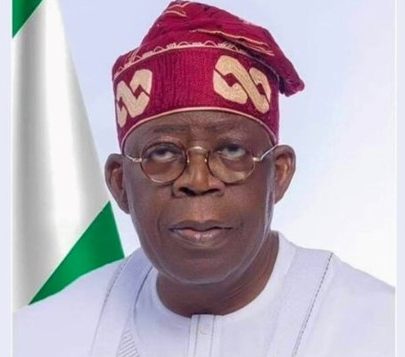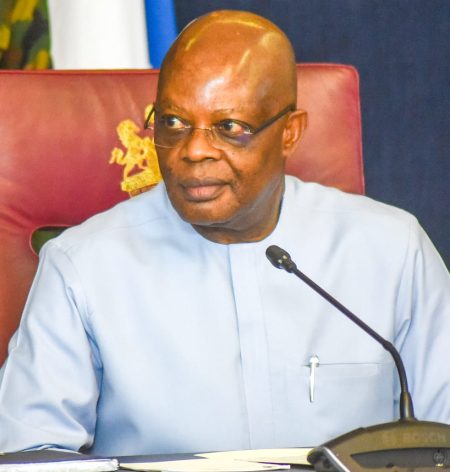
Mkpoikana Udoma
Port Harcourt — The President Bola Tinubu-led government has slammed the New York Times for its report on Nigeria’s economic crisis, describing it as “jaundiced” and “misleading”.
This is as the American news medium in an article titled, “Nigeria confronts its worst economic crisis in a generations,” reported that the country was grappling with its most severe economic crisis in decades, characterized by skyrocketing inflation, a free-falling currency, and widespread poverty.
The economic crisis, NY Times noted, has led to staggering price increases, leaving millions of Nigerians struggling to afford basic necessities like food and medicine.
“Unions have gone on strike to protest meager salaries of $20 per month, and hospitals are overwhelmed with patients suffering from malnutrition and related illnesses. The country’s poverty rate is expected to rise further, with over 87 million people living below the poverty line.
“As the economic situation continues to deteriorate, Nigerians are resorting to alternative means of income, such as crypto-mining games, in a desperate bid to survive. The government’s removal of fuel subsidies and currency devaluation have drained billions of dollars from the economy, making imports unaffordable.
“The crisis has led to a decline in living standards, with many unable to afford basic necessities. Pleas for help are multiplying, and offers of assistance are dwindling. Nigeria’s economic crisis is a stark reminder of the need for effective governance and economic management to address the country’s pressing challenges,” NY Times reported.
But in a strongly-worded rejoinder, Special Adviser to President Tinubu on Information and Strategy, Mr Bayo Onanuga, accused the NY Times of painting a skewed picture of Nigeria’s economy by blaming the Tinubu administration’s policies for the country’s woes.
Onanuga argued that the report failed to acknowledge the positive aspects of the economy and the government’s efforts to address the challenges inherited from the previous administration.
He defended the removal of fuel subsidy and the unification of exchange rates, saying they were necessary to address huge infrastructural deficits and debt servicing; and highlighted Nigeria’s trade surplus of N6.52 trillion in Q1 2024, portfolio investments, and a stabilizing exchange rate as evidence of the government’s progress.
Onanuga further accused NY Times of blaming the Tinubu administration’s policies for the country’s woes, without acknowledging the challenges inherited from the previous administration.
“The government is working to address food inflation through increased agricultural production and incentives for farmers. Nigeria is not alone in facing economic challenges,” Onanuga noted, citing similar struggles in the US and Europe.
The rejoinder concluded that the Tinubu administration was working hard to overcome the difficulties and restore Nigeria’s economic fortunes.
“The report is a typical example of predetermined, reductionist, derogatory, and denigrating reporting on Africa. It’s all gloom and doom, with no mention of the positive aspects of our economy. President Tinubu inherited a dead economy, and we had to take drastic measures to avoid a complete collapse.
“We are working hard to overcome our challenges, and we will not be distracted by biased reporting. We will overcome our difficulties, just as we have done before,” Onanuga said.



